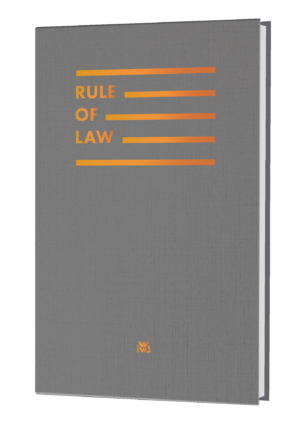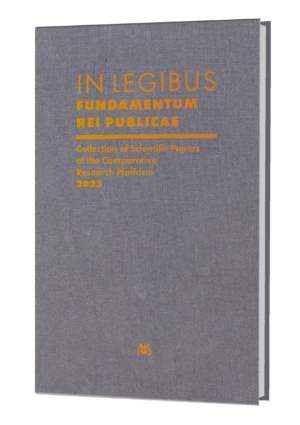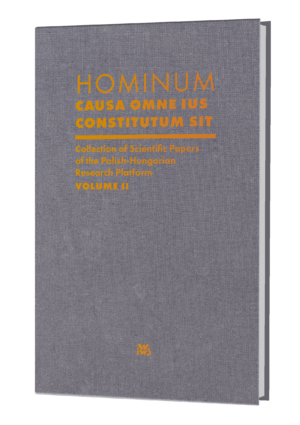The analysis of national systems shows that states do not follow a single legislative model to govern criminal responsibility for international crimes at the national level, and often face doubts as to how far they are only expected to copy international constructions, and how far they should modify treaty or customary international law solutions to adapt them to their specific needs or legal culture. In the presented texts, the reader will find a range of commentaries on the definition of crimes, the rules of jurisdiction, the rules of responsibility, as well as difficulties in the framing of specific crimes within a judgement. The texts refer to the practice of national courts as well as international and internationalized courts. The authors of this publication hope that showing various national perspectives, political and – at times – cultural impacts on certain legal solutions will both facilitate understanding of the doubts as to the current form of international law norms and the system of international justice now in operation, and enable learning lessons for the future directions of amendments to national legislations, so that errors or difficulties once encountered in some countries could be turned into more robust legal constructions in others.











